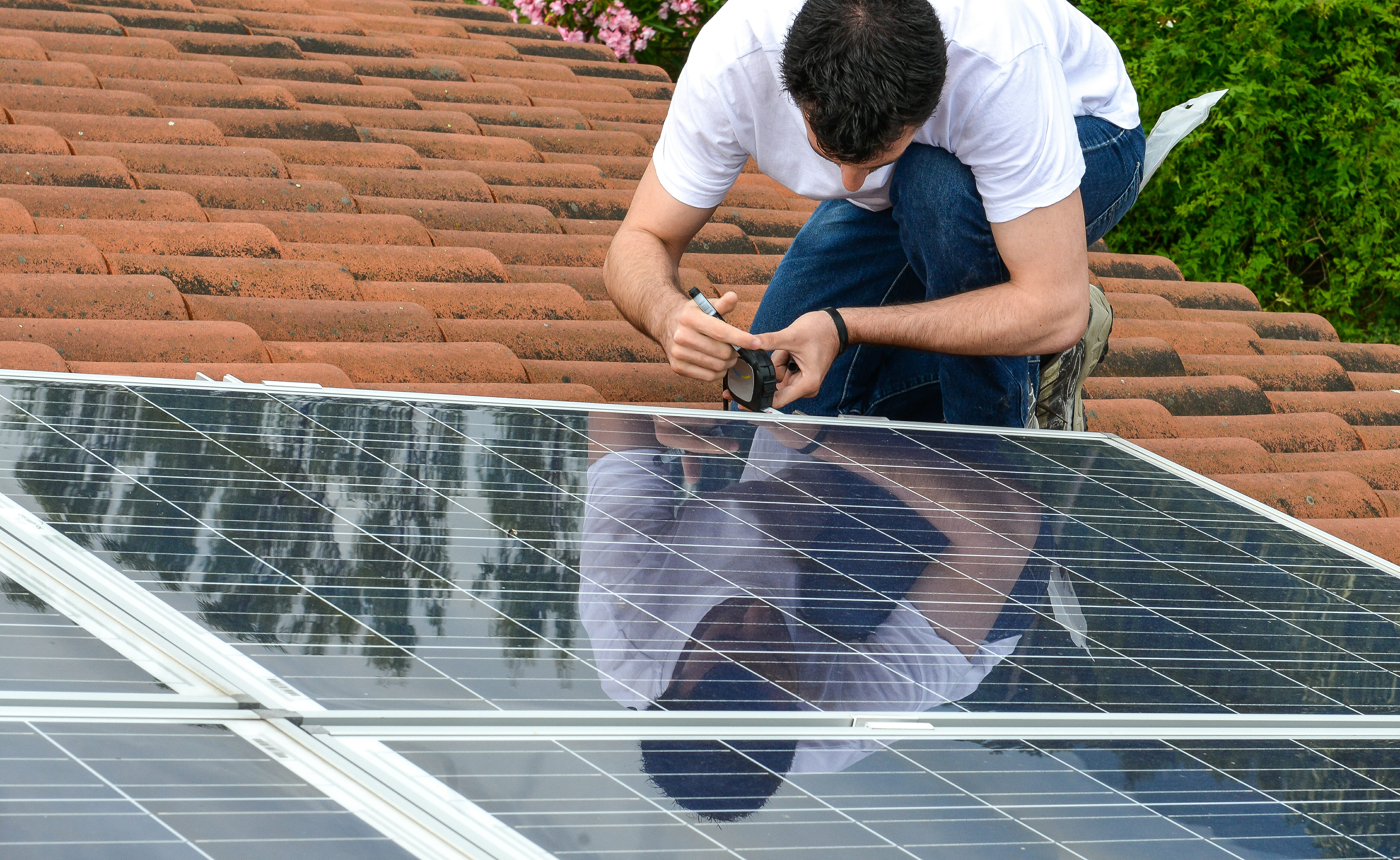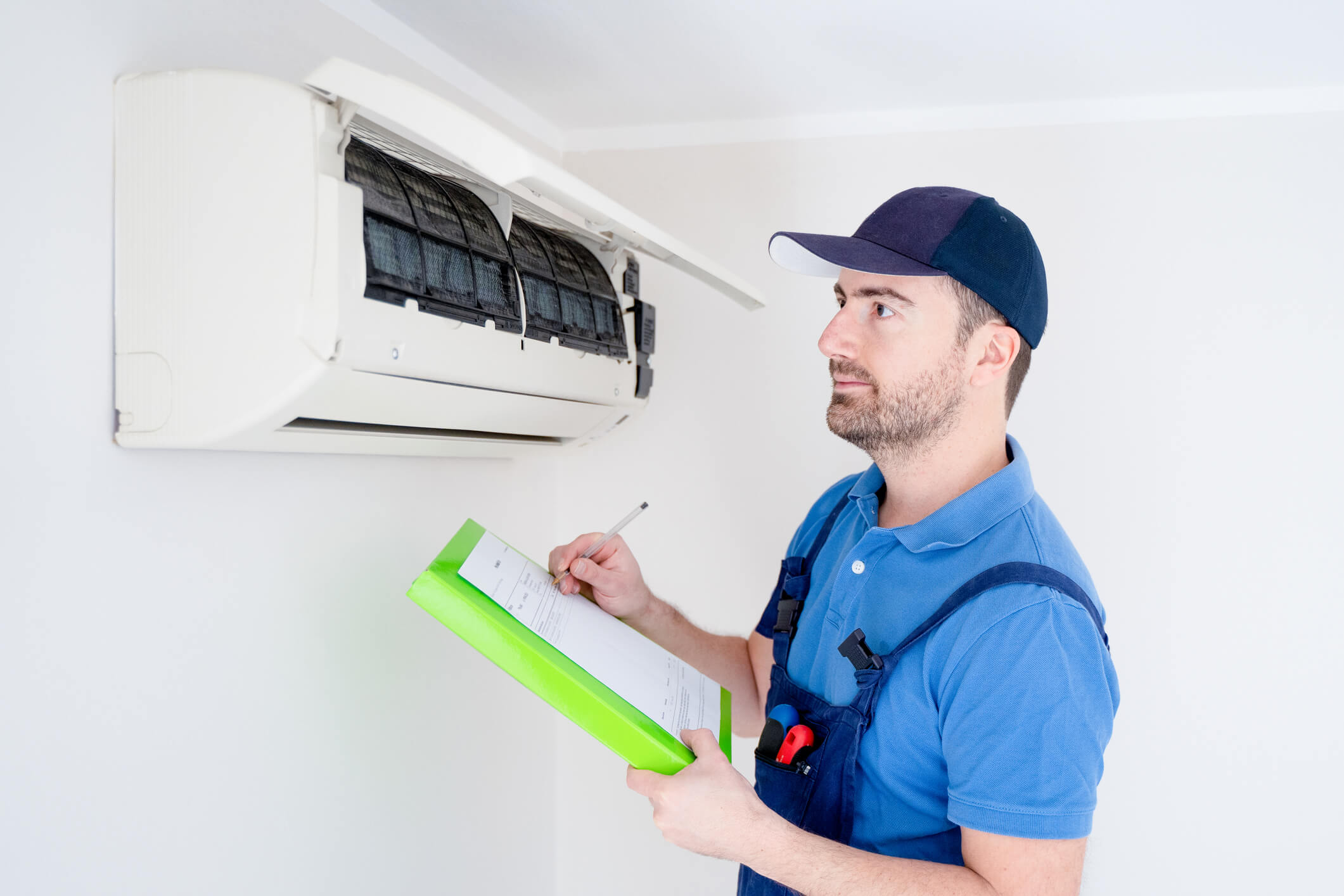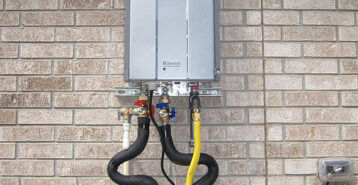Are you doing a solar project?
Modernize can pair you with three to four pros in your area, so you can compare options and save time and money.
- What happens if I move?
- How do I care for the solar panels?
- What is the typical lifespan of a solar panel?
- How many panels should I install?
- Will someone make repairs if my system is damaged?
- Are there any incentives to installing solar power?
- Can I add panels later on?
- How many inverters will I need?
- How do I connect to the grid? Will you handle that?
- Will you acquire necessary permits?
- What is the warranty on the solar power system? What does it cover?
- What about roof repairs in the future?
- Who do I contact if there is a problem in the future?
- Is there a performance guarantee?
- How will you make sure my roof doesn’t leak?
- What happens if the system doesn’t perform as expected?
- What happens next?
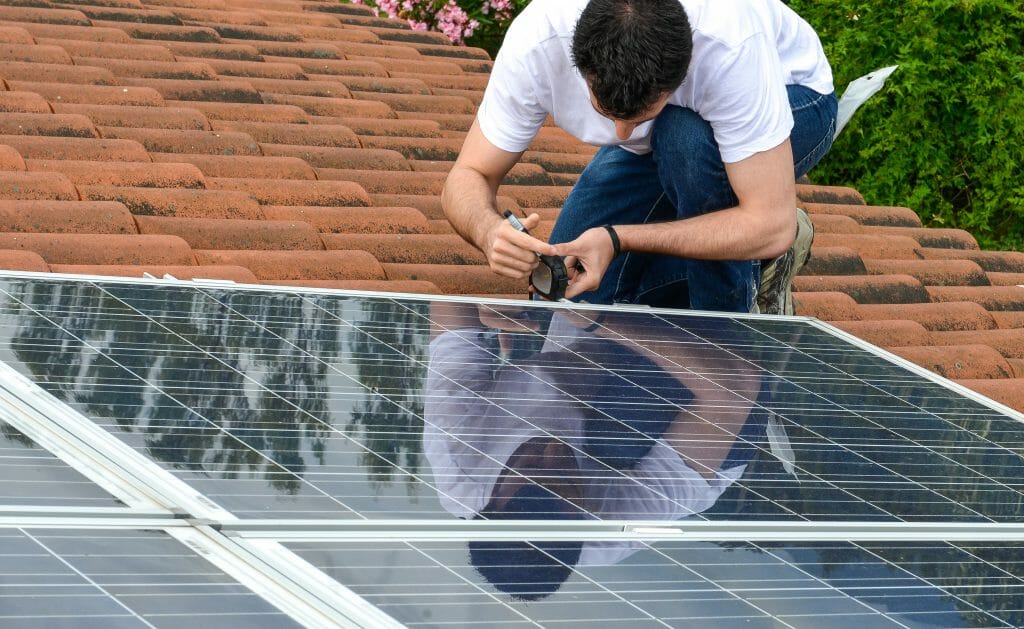
After you have confirmed that your contractor is an expert and signed your contract, you’re finally ready to reap the bright rewards of solar energy for your home. But you probably still have plenty of questions about what comes next, and what to expect—both during the installation process after. Here’s everything you need to know.
What happens if I move?
Generally, when you move your solar panels remain on your home. However, this is good news, since installing solar panels increases your home’s value.
How do I care for the solar panels?
Keeping solar panels clean can be as simple as using a garden hose to spray off debris and dust, and a microfiber cloth to ensure they dry streak free. Your solar contractor may offer a free cleaning, so don’t hesitate to inquire about that as well.
What is the typical lifespan of a solar panel?
Your contractor should tell you that most solar panels last between 20-30 years, depending on the quality of panels used. They should also explain how solar panels will start they’ll outlast your current roof. In that case, the system may need to be temporarily removed so that a new roof surface can be installed beneath. Who does the removal in this case? Can panels be taken to another generating less power as they near the end of their life cycles—in the end they could be performing at only 85-90% efficiency.
How many panels should I install?
This depends on your goals for installing solar panels, and will depend on the size of your home and the amount of direct sunlight it receives. If you’re going off the grid completely, you may need more solar panels than if you’re just trying to lower your energy bill.
Will someone make repairs if my system is damaged?
When installed properly, solar panels can last up to 20 years or more. Of course, accidents do happen. Most systems come with a warranty that covers any manufacturing defects, at the very least. But you’ll also want to find out if your warranty extends to improper installations or acts of nature—and just what happens in the event of one or the other.
Are there any incentives to installing solar power?
Your solar contractor should be knowledgeable about all of the incentives for installing solar panels in your area, in addition to the federal tax rebate incentive.
Can I add panels later on?
A knowledgeable solar contractor will explain the many factors that go into adding solar panels to an existing system—but rest assured that it’s not unheard of and it can be done. Depending on your situation, adding solar panels may require an additional inverter for your home.
How many inverters will I need?
You will need one inverter for each section of your roof that will hold solar panels—especially if they face different directions. Your solar contractor should explain how much power each inverter can convert, and what is right for your home.
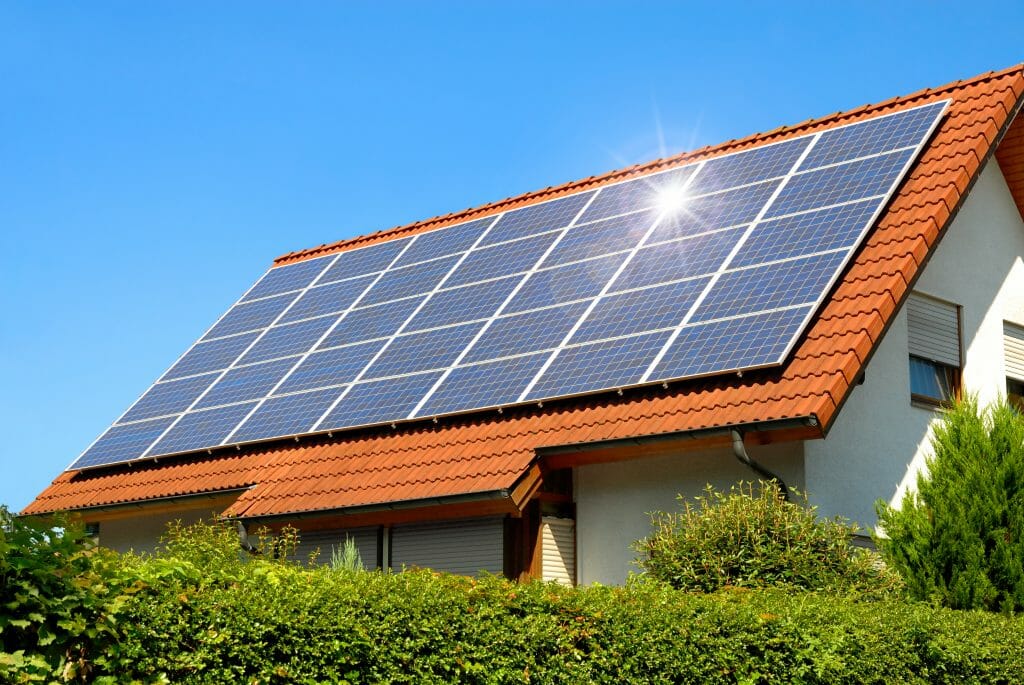
Find the Right Contractor for Your Solar Project
Whether you’re ready to begin your project now or need some expert advice, our network of contractors are here to help. With a few simple questions, we’ll find the best local professionals for you
How do I connect to the grid? Will you handle that?
Your solar contractor will know more than just how to install the solar panels. In most cases, they will be the ones to connect your home to your city’s power grid. If you’re going off-grid, they will talk you through that process as well.
Will you acquire necessary permits?
Yes, your contractor should be in charge of acquiring the necessary permits for installing solar panels on your home.
What is the warranty on the solar power system? What does it cover?
When purchasing a solar power system, your solar contractor should be able to explain the warranty in detail, and everything it covers— from the different parts covered, to the lifetime of the warranty.
What about roof repairs in the future?
Many solar contractors are also roof contractors and have worked on roofs with solar panels. Ask if your contractor is one of them. While you’re at it, ask about what happens if there is roof damage from the installation. A good contractor will have a plan in place for any repairs necessary following a solar panel installation— though the need to use them should be rare.
Who do I contact if there is a problem in the future?
Your contractor should be happy to answer any questions you have in the future if anything happens to your solar panels following installation—incidents such as hail damage or a sudden decrease in efficiency, etc.
Is there a performance guarantee?
A performance guarantee can be offered by your solar panel contractor or the solar panel manufacturers, and it could be included in the warranty. A performance guarantee ensures that your solar panels are operating at their highest possible efficiency. In the beginning, this should be as close to 100% as possible. If they are not converting electricity efficiently, it could be caused by an installation error or a problem with the panels themselves. Your contractor should have a performance guarantee on their end, and also be able to direct you to information regarding to the warranty on your solar panels, too.
How will you make sure my roof doesn’t leak?
Panel mounting systems must be attached directly to your rooftop. And that can mean creating openings that could allow moisture and condensation into your roof and attic if not properly sealed. Ask your contractor to brief you on how they plan to close up and seal these openings—and what happens if there is any water damage.
What happens if the system doesn’t perform as expected?
Your solar panel company should provide you with a firm quote with your expected energy output. This estimate will tell you how much energy your system will generate, as well as a reasonable variation, given the weather and climate in your area. Your quote should be based on your home’s individual features. For instance, if your roof receives a good deal of shade, your estimate should factor that in.
Since these estimates are generated with a wide array of variables, you want to make sure your quote is tailored specifically to your home. To get you started, visit our solar cost calculator for a personalized quote for your property.
What happens next?
Mounting and connecting the panels isn’t the last step in your solar energy journey—systems also need to be fed into the grid and monitored using a smart meter. Once your system is mounted, your solar provider should contact your local utility to get access to your grid hookup, and to make provisions for any necessary adjustments to your home’s electricity meters.
At this time, you’ll also want to apply to receive any rebates or incentives offered by your energy provider for homes converting to solar power. Wading through all of that might seem like a lot, but these local solar information pages have up-to-date information about all the incentives available in your area. That way, you’ll be on your way faster than ever, prepared to handle your solar installation, from start to finish!
Find the Right Contractor for Your Solar Project
Whether you’re ready to begin your project now or need some expert advice, our network of contractors are here to help. With a few simple questions, we’ll find the best local professionals for you
Reviews from Real Homeowners
Welcome to Homeowner Resources! We are the Modernize blog. Modernize pairs more than 3 million homeowners a year with pre-vetted contractors in their area. This blog started because we believe homeowners should know everything about their homes, from how their HVAC works to which front door colors they might love. On Homeowner Resources, you can find information on every part of your home, right down to how you can negotiate with contractors to get the best price. Here's more about the blog.
Need a contractor? Learn more about how Modernize finds the right pro for you.
